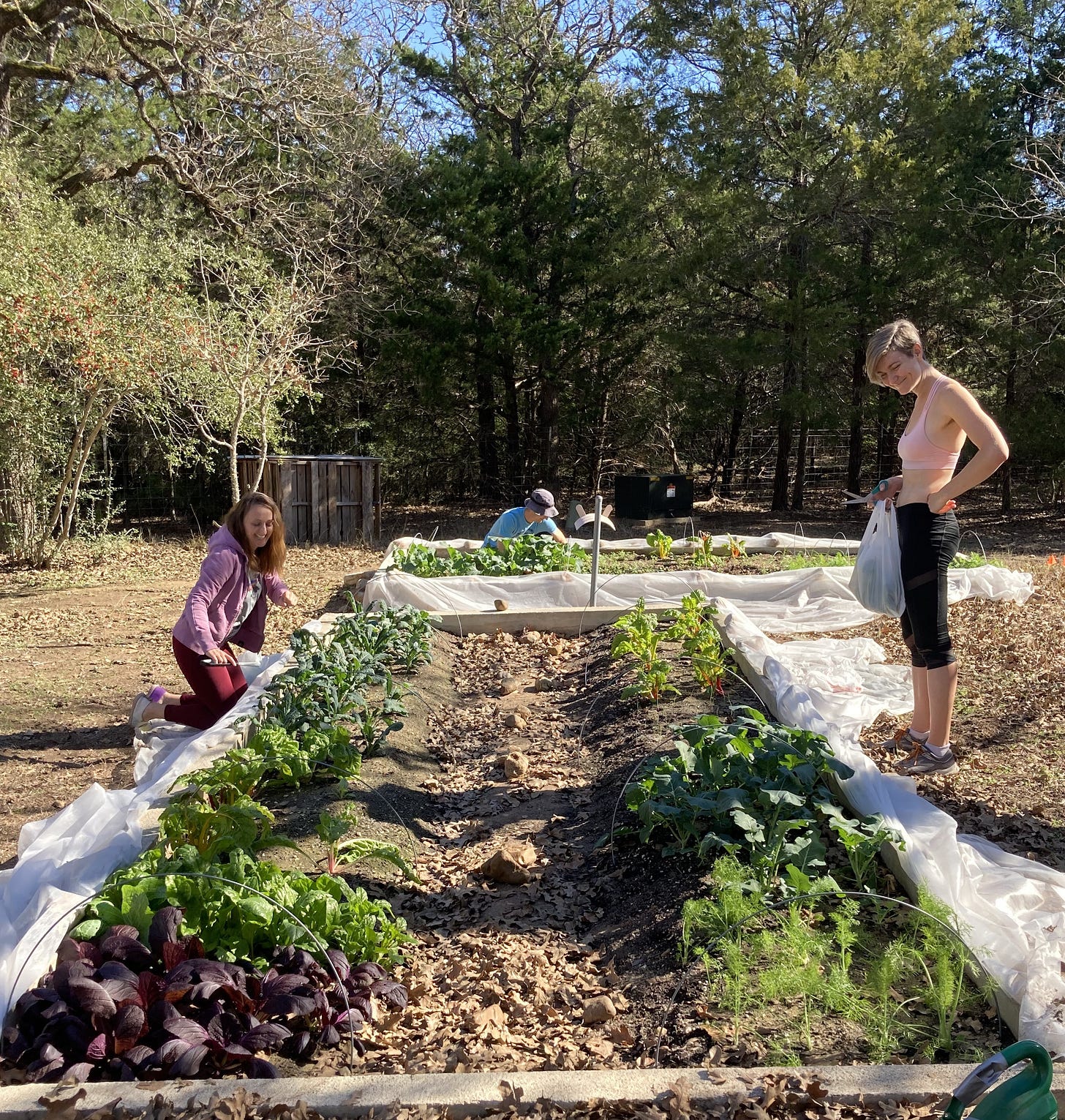My life peaked when I was 22.
That was the year I wrote my magnum opus, the Authentic Relating Games Manual, a book used around the world. That was the year I became known, wanted, and loved, someone shown off at parties and invited on dates. My friendless inner teenager was over the moon.
I reveled in that power. At 22, I thought it would last forever.
I didn’t realize I had reached the most social success and impact I’d have for the rest of my life so far.
Our culture sees life as a mountain to climb, an endless uphill of both stress and exhilaration. We plant our crampons in each promotion and strive for the next sleepless night. Many people live to make a dent in the world, to gain fame, money, and success.
What do you do when you get that, lose it, and still have most of your life left to live?
America isn’t the only one with a metaphor for success.
According to ChatGPT, in Japan, the metaphor is “tending a rice field” - diligence, hard work, cyclical and supportive to the community.
In China with its Dao and India with its Dharma, the goal is non-resistance and finding your place in things.
In Sub-Saharan Africa, the Ubuntu philosophy is “I am because we are”, a focus on relationship to others.
I was raised in a high-achieving household. I come from doctors and teachers, female leaders in fields and times where few women rose to prominence. My parents are both Ph.Ds. They were surprisingly accepting of their children becoming a farmer - my brother - and an entrepreneur - me. I avoided the constant dropped hints from my dad about graduate school because I was already getting a full-time education in leadership, management, and course creation.
When I hit 26, I stopped being a young prodigy. By 29, the pandemic hit and my groups fell apart. By 31, my company was broke.
For Norse culture, the metaphor of success is “a life worthy of story”.
In Iran, it’s the garden, making a space of beauty amidst the chaos of the everyday.
When I was 29, I moved a tiny home onto land with seven people: one family and a couple of friends. My landmate built a farm. I built a relationship with my now-husband, my goddaughter - part of the community - and the other people who lived there. We carved a garden in the midst of the pandemic, creating belonging and sharing joy and pain.
That community, too, fell apart. But we who were left stitched something new together. I learned that success can come from failure, and that failure is only a word for change.
The above article tells the story of that community
Now, I and my landmates are preparing to move together to a new state. It has given me cause to reconsider what success is now.
To ask myself: what is my measuring stick?
Am I a failure for the decline of my impact, my money, and my community? America would say yes, but I have to ask myself: what am I going to say?
I have spent 10 years judging myself for my fall from the mountain, forgetting there are gardens in front of me.
There is something beautiful in knowing that one life’s work, my American one, has been done.
My Indian work - non-resistance and finding my center - my Japanese life work, accepting the diligence of the unremarkable - and my Ubuntu life’s work, of putting relationships over myself: these are my new ways to live.
I will fail at them.
But failure?
It’s just success
in another language.
Your Loving Thought-Dom,
Sara Ness






Wow, Sara, you writing is amazing... very much aligned with everything you say here and I am on a very similar journey. Here is to "The More Beautiful World Our Hearts Know Is Possible"...